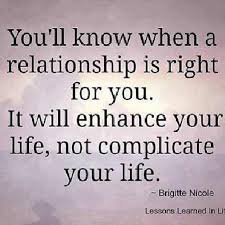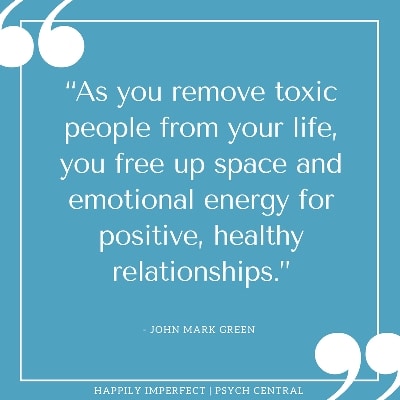Healthy vs. Toxic Relationships: Are they slowly killing you?
Regardless if you are an introvert or extrovert, building and maintaining valuable relationships in our life is a necessity. Whether that is with your family, friends, or significant other–they all add meaning to your life, for better or worse.
Even the most introverted person craves acceptance from others. This is a natural tendency of human nature. There is nothing wrong with that.
Relationships are essential to our personal, emotional, and spiritual self-growth. We may not necessarily realize this or perceive them as such, but they matter in more ways than we would often like to admit. Whether you had or continue to have negative, toxic relationships in your life or positive, healthy relationships, both the good and bad have shaped you into the person you are today.
How does one begin to define healthy relationships apart from toxic?
More often than not, we know whether someone is right for us within the first few seconds of meeting them. Princeton psychologists, Janine Willis and Alexander Todorov confirm that, “all it takes is a tenth of a second to form an impression of a stranger from their face, and that longer exposures don’t significantly alter those impressions.”
Though, this is not enough to differentiate between what constitutes a healthy versus an unhealthy relationship; both affect your wellness in more ways than we would often like to admit. There are so many factors that go into play when determining this and often what appears on the surface is rarely what is lying underneath. Frequently, what we perceive as “normal” about a certain individual or “flaws” to justify their toxicity will only worsen over time.
For starters, healthy relationships should help you grow as an individual. Your significant other should complement your life, not complete it. You’ve probably heard this one too many times, but if you are not happy with yourself, how can you be happy with someone else or let alone, make another individual happy? It all starts and ends with you.

Being together all the time is not actually a good thing. You need to value the other person’s time and personal space. In a healthy relationship, you should have free time to do what you like, on top of spending time together. In a toxic relationship, you stick to each other at all times. The only way you can grow closer to one another is if you give each other room to grow apart first.
If you are in a healthy relationship, you shouldn’t have to hinder maintaining or building meaningful relationships with others, develop hobbies, or discover your passions without revolving your entire life around your “other half”. People in a healthy relationship have personal growth by learning from each other versus people in a toxic relationship remain the same no matter how long the relationship lasts.
In a healthy relationship, being there for one another means rejoicing in each other’s accomplishments. Your significant other should want the best for you and celebrate your achievements together. If you notice they become insecure or jealous, when you move ahead or try to stop you from acquiring your goals, consider these are warning signs of a toxic relationship.
A healthy relationship is comprised of trust, open communication, and compromise. If you feel the need to constantly check each other’s phone or social media accounts–this is another sign of a toxic relationship. On the contrary, in a healthy relationship, there is a solid foundation of trust established that alleviates the need for snooping or spying around. If you both trust each other completely, there should be no need for this type of behavior.
No relationship is perfect, in fact, if you have never had a disagreement or argument–that might signify one of you isn’t being entirely honest. Transparency means everything. Misunderstandings or conflicts in any kind of relationship are normal and can even strengthen the relationship. In a healthy relationship, the couple uses conflicts as a way to enhance each other’s mutual understanding and work together to fix the problem–not ignore it. On the other hand, in a toxic relationship, the couple avoids communicating when something goes wrong or fall into unhealthy patterns of frequent disagreements.
Sharing similar values and traditions makes a healthy relationship. In the same sense, willing to compromise on each other’s differences plays a critical component to reaching an agreement. Opposites attract, but if you find yourselves always heading in different directions without willing to compromise–then consider this a red flag. Additional signs of a toxic relationship is if that person does not admit to their own faults, think they’re always right, or they’re in denial of their own mistakes.
On a final note, in a healthy relationship, both partners should be equal in a relationship. What this means is that one person should not dominate the relationship, making it a toxic one. The entire purpose of a partnership, should include both partners’ opinions and status. Regardless of what your gender is, your financial situation looks like, or what your career is, in a healthy relationship, no one acts or feels more “superior” than the other. You are together for a reason, you should need and thrive on each other, not put each other down.
Though, it’s much easier said than done, if someone or something is making you more upset than happy–they are not worth your time. Do not be afraid to walk away from relationships, friendships, or a job that no longer serves you for the better. You will thank yourself later.





